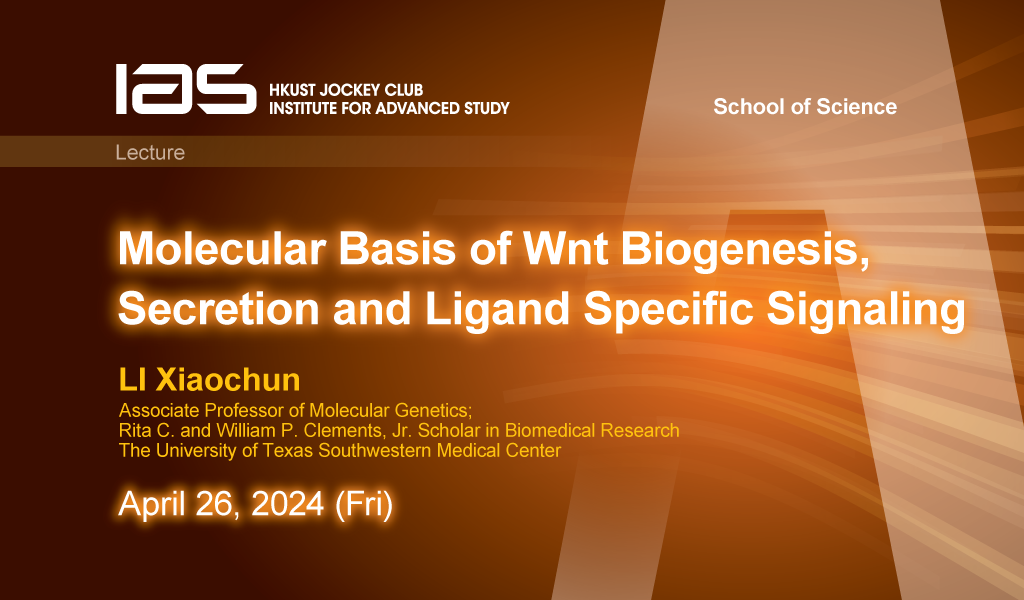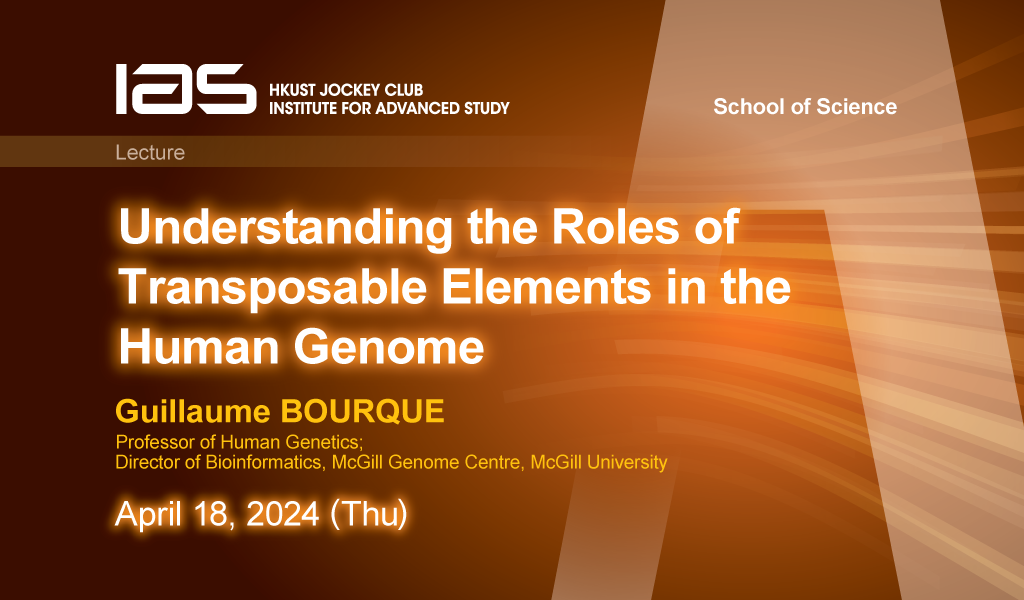Abstract
Roger PENROSE, Reinhard GENZEL and Andrea GHEZ were awarded the 2020 Nobel Prize in Physics for their contributions in understanding and identifying black holes. What are black holes? Where and how do we find them? Why do singularities form in black holes? In this talk, the speaker will discuss these Nobel-Prizewinning breakthroughs in black hole physics and astronomy.
About the speaker
Prof. Yi Wang received his PhD from the Institute of Theoretical Physics of the Chinese Academy of Sciences in 2009. He then furthered his postdoctoral studies in McGill University and moved to the University of Cambridge as a Stephen Hawking Advanced Fellow in 2013. In 2015, he joined the Hong Kong University of Science and Technology and is currently an Associate Professor of Physics.
Prof. Wang works on theoretical high energy physics and cosmology - the connection between the tiniest and the hugest objects that mankind has ever been able to access. An especial focus of his research interest is cosmic inflation. He has been attempting to infer what happened during inflation, from UV completion of quantum field theory and gravity, and from observational clues on the cosmic microwave background (CMB) and the large scale structure (LSS).
For attendees’ attention
This talk will be conducted online via Zoom.
https://hkust.zoom.us/j/96672751935
Passcode: 20201109

The Hong Kong University of Science and Technology



